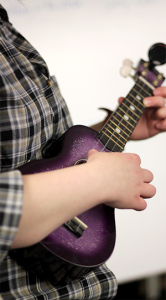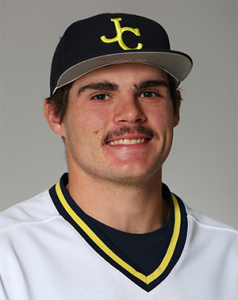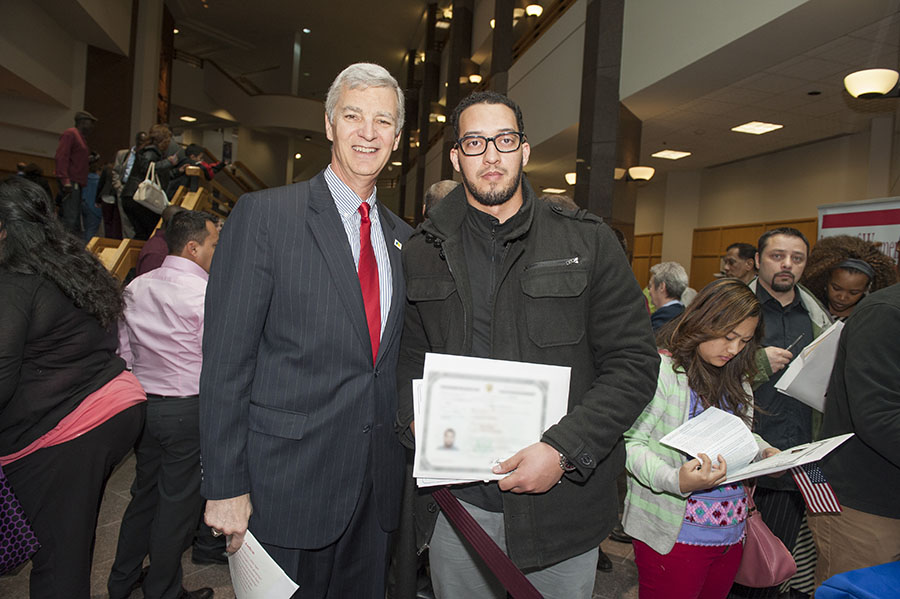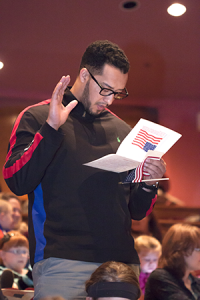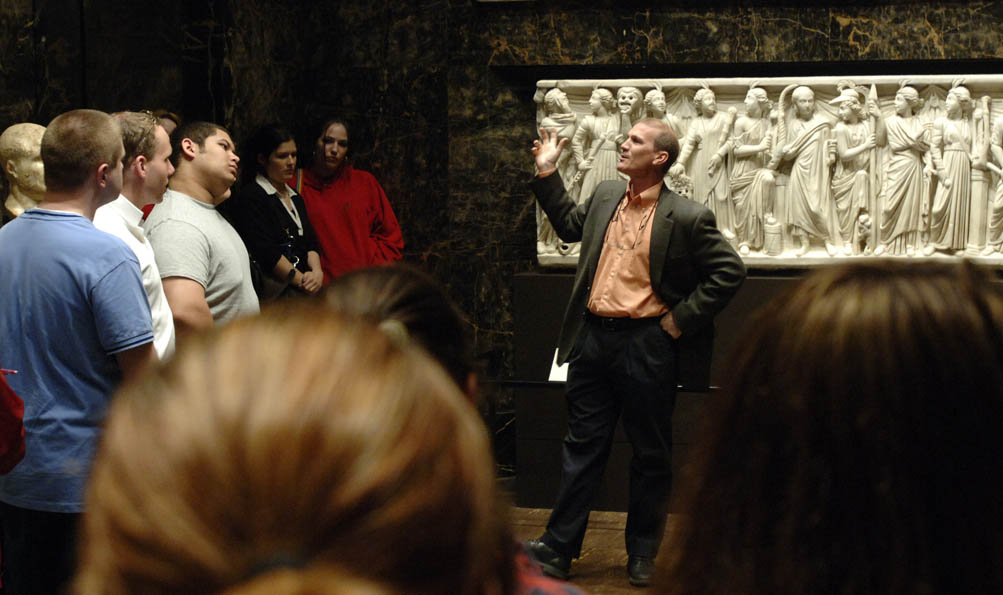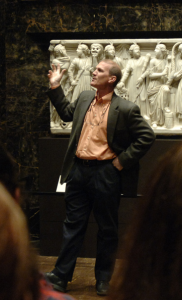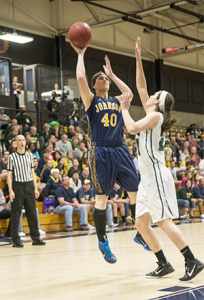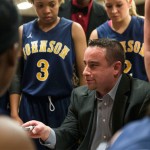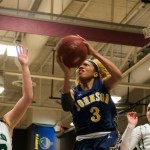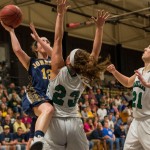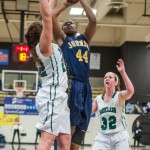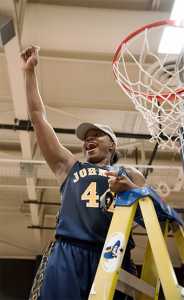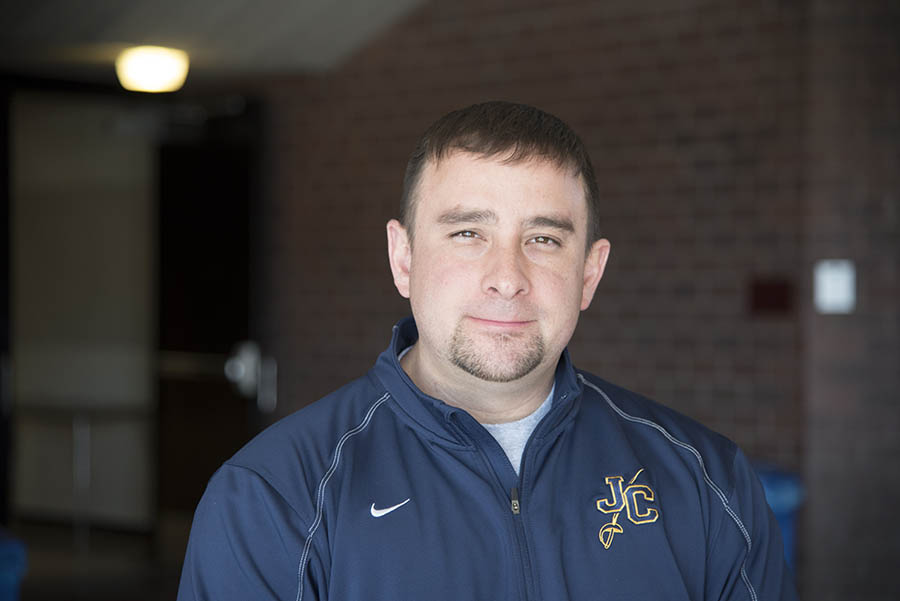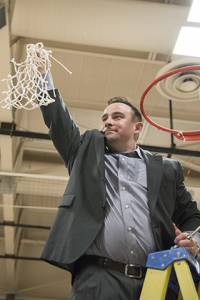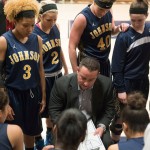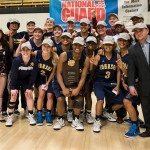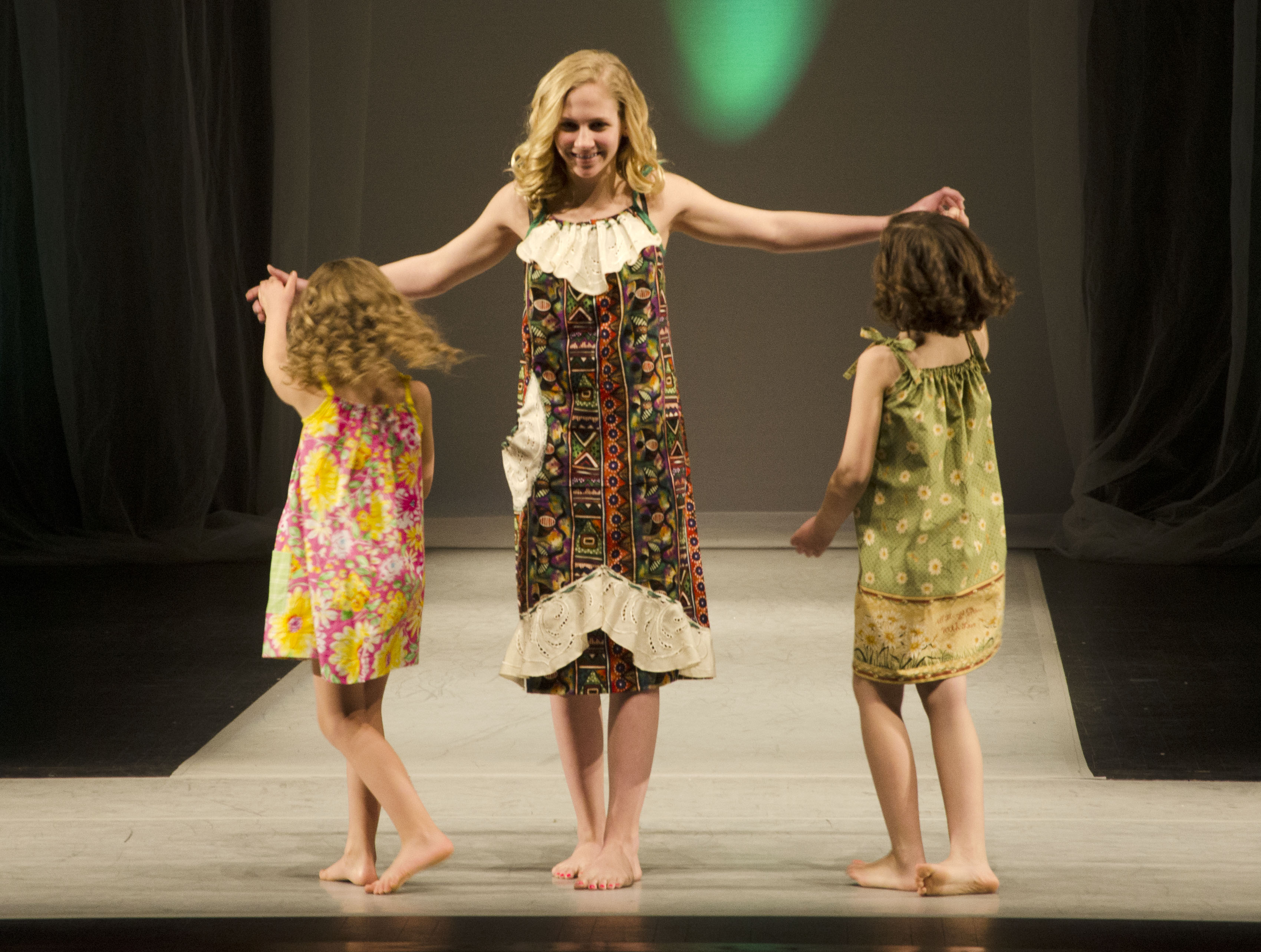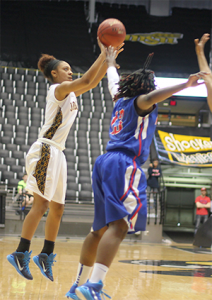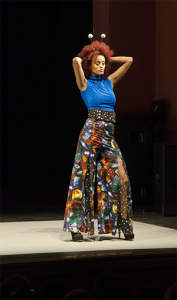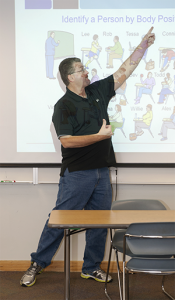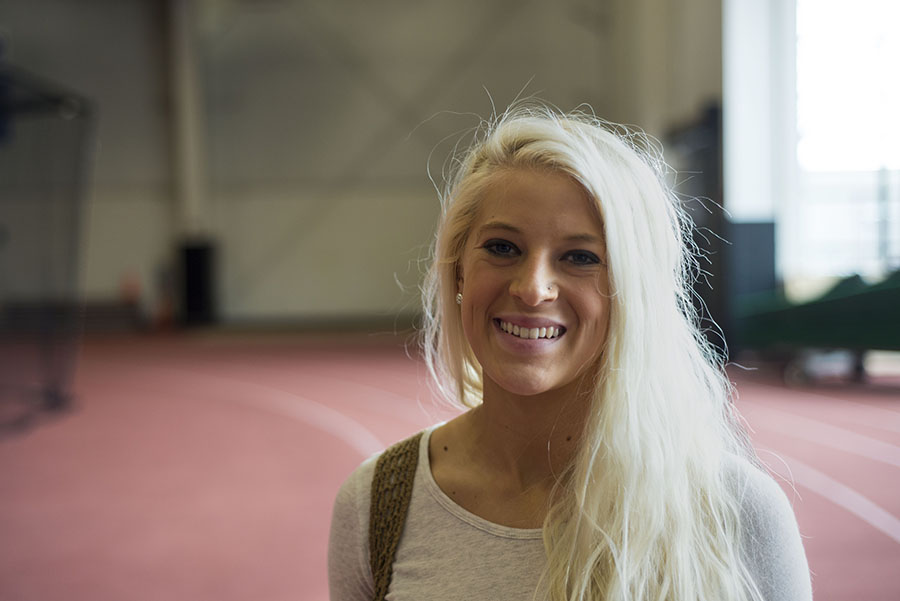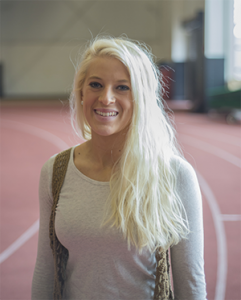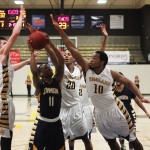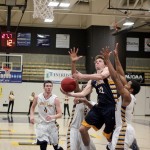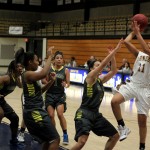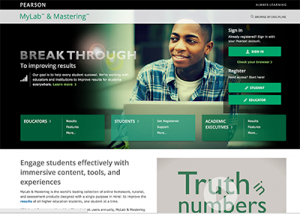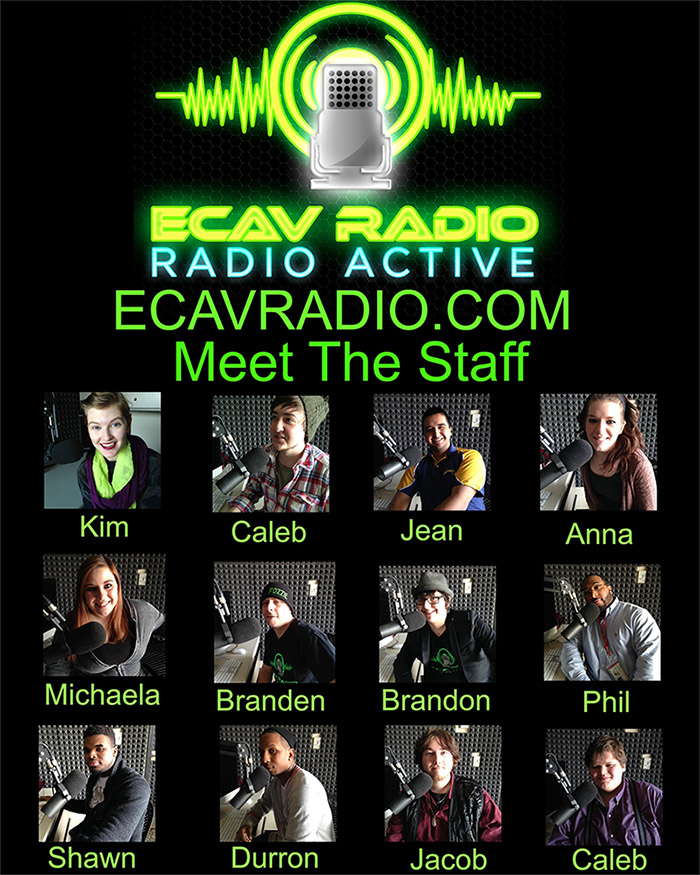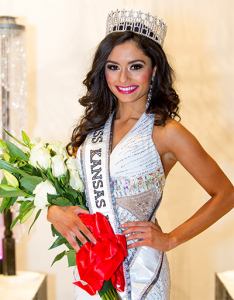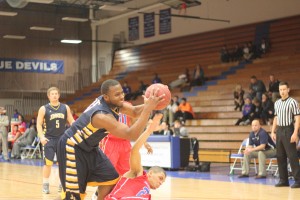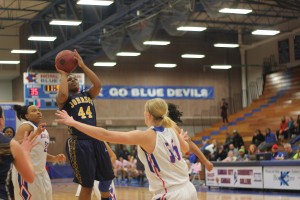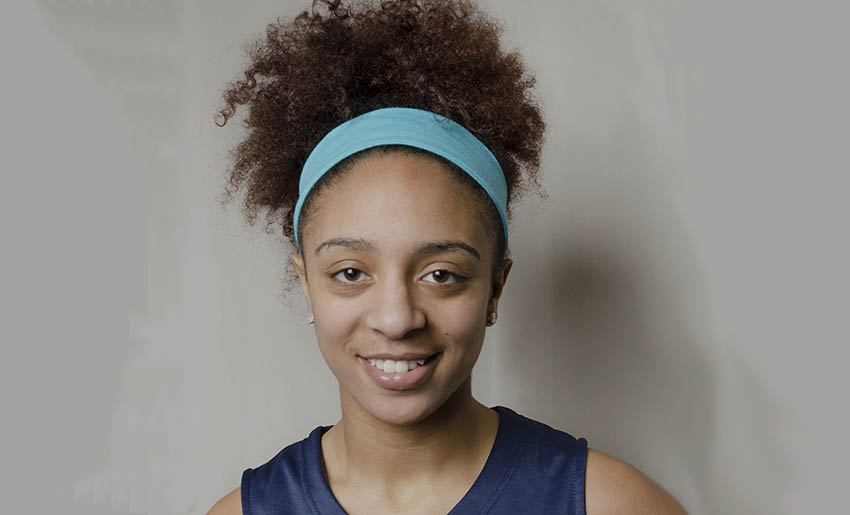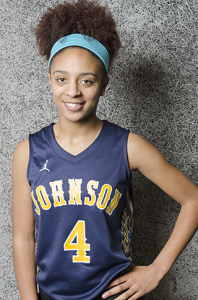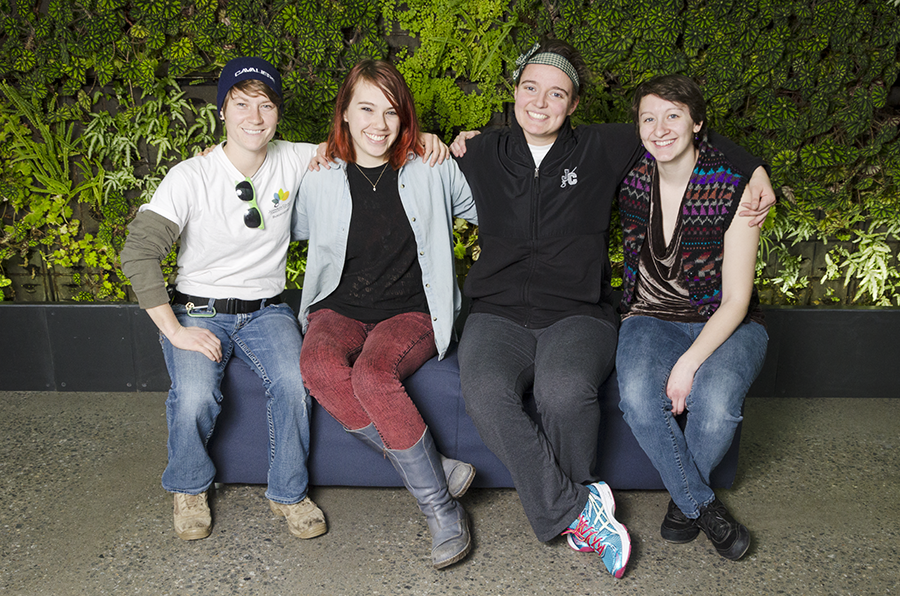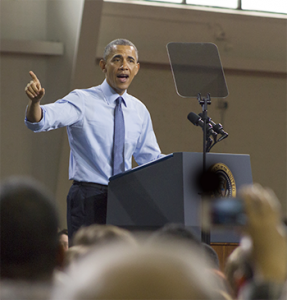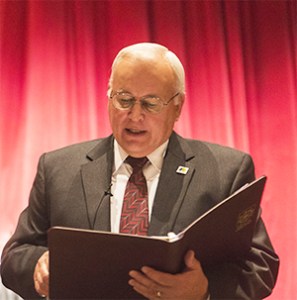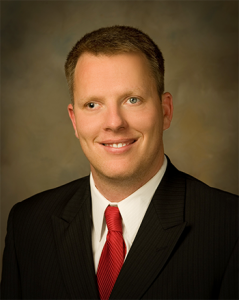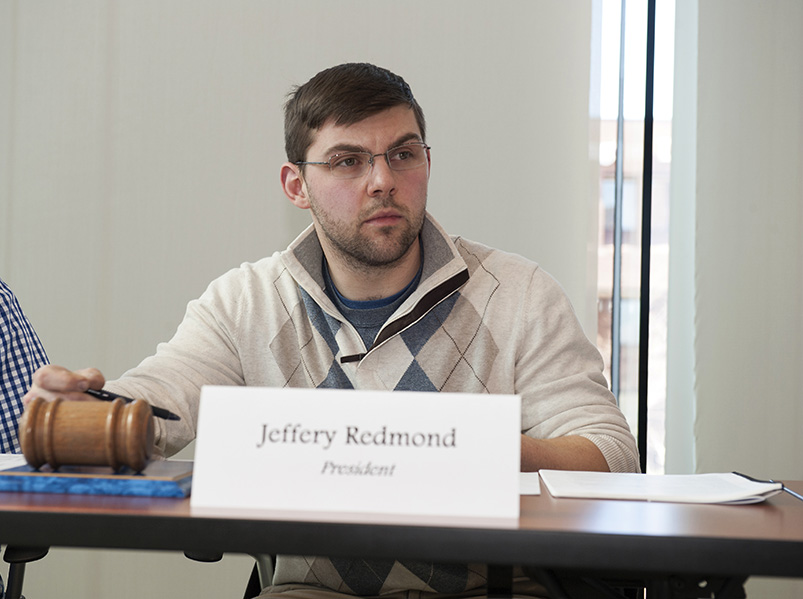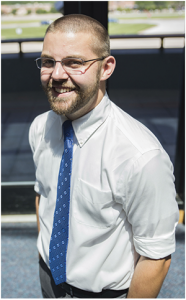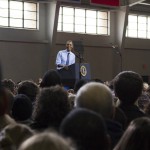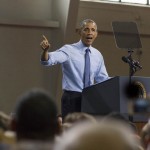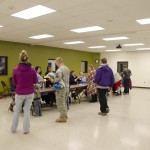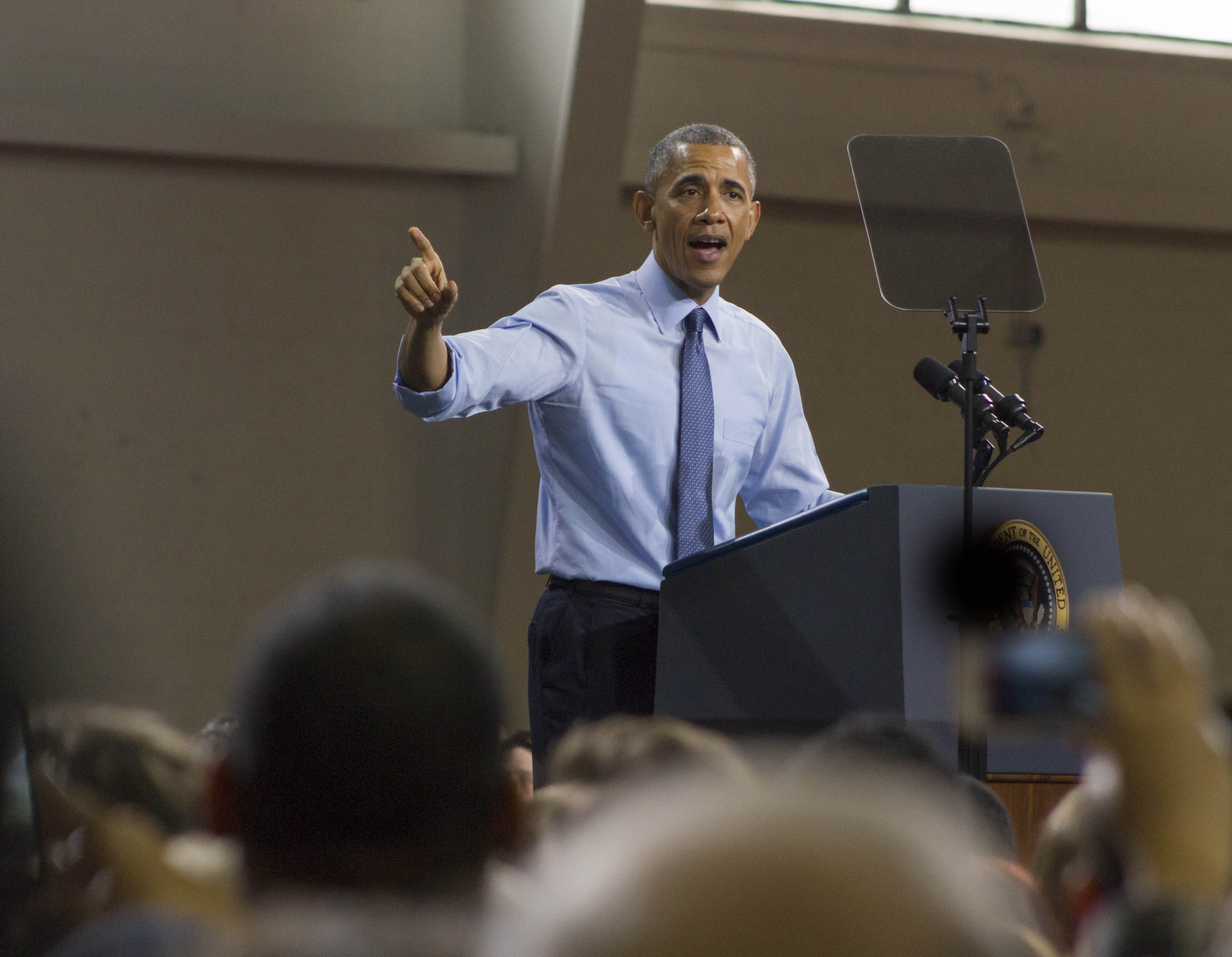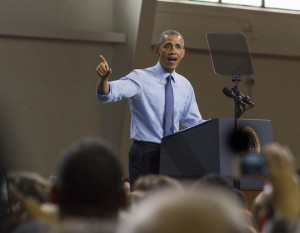Student senate goes more in-depth about what they do
By J.T. Buchheit
The student senate is one of the most important organizations in the college. They play a vital role, but there are many people who don’t know what the senate actually does.
“The student senate is here to be the voice of the student,” said adviser Mindy Kinnaman. “To be that liaison between students and administration here on campus. So when the college administrators need feedback, they go to the student senate to get input. Student senate also reports regularly to the Board of Trustees about things that are going on around campus.”
One upcoming event that is displayed around the college are the elections. Many students are unaware of how they work and the voting process, however.
“Each JCCC student will receive an email with a link to vote online,” said Kinnaman. “Student senate will also set up a table in the Commons on April 14 to 16 from 10 a.m. to 2 p.m. and in the Carlsen Center lobby from 5:30 to 6:30 p.m. encouraging people to vote.”
Even if students know how to vote, some may refrain from it because they are unaware of how it will affect them.
“Voting in the student senate elections gives students a chance to increase their awareness of the senate and the impact it can have on campus, whether they are taking the lead by joining the senate or knowing who they should turn to in order to share their thoughts,” said Kinnaman.
With many people puzzled about what it is that the student senate actually does, it makes sense that there may not be a large number of voters.
“Voter turnout has varied from semester to semester, anywhere from around 100 to close to 800, which is such a low number compared to the number of students enrolled at JCCC,” said Kinnaman. “After last spring’s election, we decided we need to do something to help increase those numbers. … In the fall of 2014, we moved from hosting our elections through an internal site to using Survey Monkey, which allows us to email each student a unique ballot, and we’ve found that it has helped increase our turnout.”
Many people in the student senate want to run for president and oversee the actions taken by the group. One such person is student John Rives.
“Being in the senate for the last semester has been a lot of fun for me,” said Rives. “I think [being the president] will be a good personal development going into the future. I also want to get more involved with the students on campus.”
The president of the student senate has many duties to fulfill, and students running for president know that they will have their hands full, but the privileges awarded are numerous.
“My personal duties are to oversee the general assembly, so I basically dictate and organize and take motions and requests,” said President Jeffrey Redmond. “… I begin and end the meeting and motion when it’s someone’s turn to speak or not to speak. I have the power to stop someone from speaking or remove them from the assembly. I also have to oversee the executive board committee, so I make sure that each of the positions all have committees of their own.”
In addition to helping students and faculty within the college, the student senate reaches out to the community as well.
“In the fall we have Trick-or-Treat for Kids, photos with Santa and the JCCC Gives program,” said Redmond. “Those three are community-based programs. In the spring we obviously host more of our fundraising type of events. We have our concession stands, we try to sell T-shirts. We have the Campus Kickoff, Campus Craze, Clubs and Organizations Day. Basically, that’s just a rearrangement of our organization for the following year.”
The senate and the administration often operate hand-in-hand, acting as a link between the students and administrators.
“[The senate] serves on hiring committees for administrators such as the new vice president of student success and engagement, giving their opinions on who would be the best fit for JCCC,” said Kinnaman. “The administration seeks out opinions from the senate. An example would be when the Board of Trustees adopted an amendment to the smoking policy.”
The student senate is a mysterious organization for many members of the college, but it plays an extremely important role in the shaping of the campus.






















